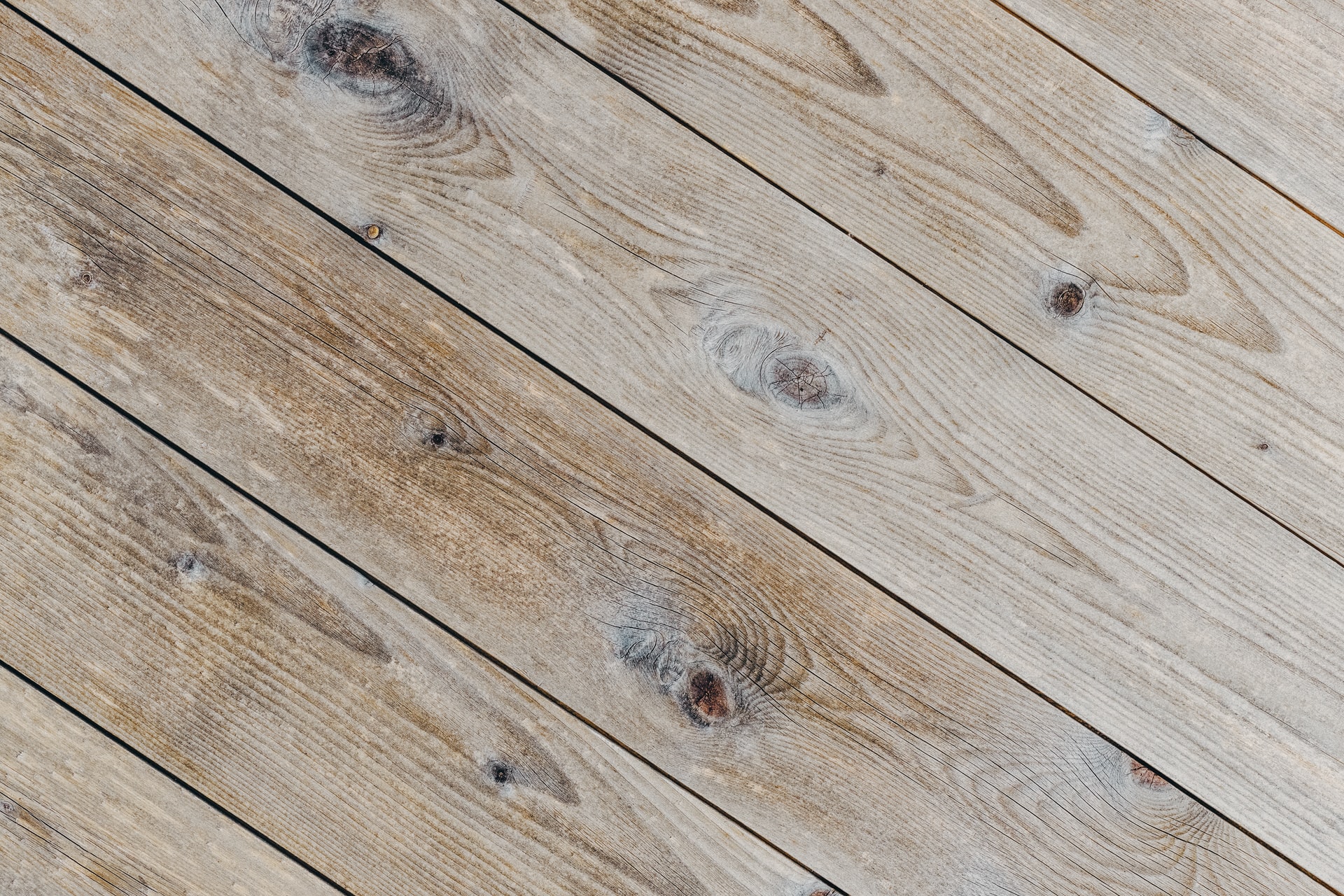
Whether you’re building an extension, installing new flooring or simply replacing countertops in your kitchen, it’s worth taking time to consider the materials that you use. Materials can be divided into two groups – natural and synthetic. Natural materials are those that occur within nature such as timber, stone and fabrics like cotton. Synthetic materials are those that are made in a factory such as metals and plastics.
Both natural and synthetic materials have their pros and cons. This guide weighs up the pros and cons of each to help you determine which is better for your home.
The pros of natural materials
Using natural materials can give a home a greater connection to nature. Natural materials tend to be healthier as they do not give off VOCs and they tend to not cause allergies as frequently as synthetic materials. Another advantage of natural materials is that they tend to cause less environmental damage. A material like timber can be continuously grown and harvested, while any waste is biodegradable or recyclable.
The cons of natural materials
Natural materials tend to be more prone to wear and tear than synthetic materials. Synthetic treatments are often used on natural materials for this reason. Some natural materials can also be very expensive, while synthetic imitation versions may be a lot cheaper. There are also limitations as to what forms you can create with natural materials.
The pros of synthetic materials
Synthetic materials are typically more durable. You’ll get more resistance to weather when using composite cladding as opposed to pure timber cladding. Synthetic materials are also cheaper than the real thing in many cases. An imitation granite countertop made of epoxy is likely to be a fraction of the price of a real granite worktop. Finally, synthetic materials can be molded into practically any shape. Technologies like vacuum forming and 3D printing have made the possibilities even greater.
The cons of synthetic materials
While synthetic materials can be made to look like natural materials, there will always be a sense of fakeness to them. Synthetic materials are also more likely to give off toxic fumes or produce allergies (natural textiles like cotton are sometimes favoured over synthetic textiles over polyester for this reason). Synthetic materials also tend to cause more environmental damage – particularly plastics which can take thousands of years to degrade and result in carbon emissions to manufacture. Metal is more eco-friendly due to being more easily recyclable, however it still creates a lot of carbon emissions during manufacture.
Natural or synthetic?
The choice to go natural or synthetic is up to you. Is durability and cost a more important factor? If so, a synthetic material is likely to be more suitable. Is toxicity and environmental damage a greater concern? If so, a natural material is likely to be a better option. Of course, there’s nothing wrong with having a mix of natural and synthetic materials in your home. Some materials may be better for certain uses – you don’t have to go wholly natural or wholly synthetic.



